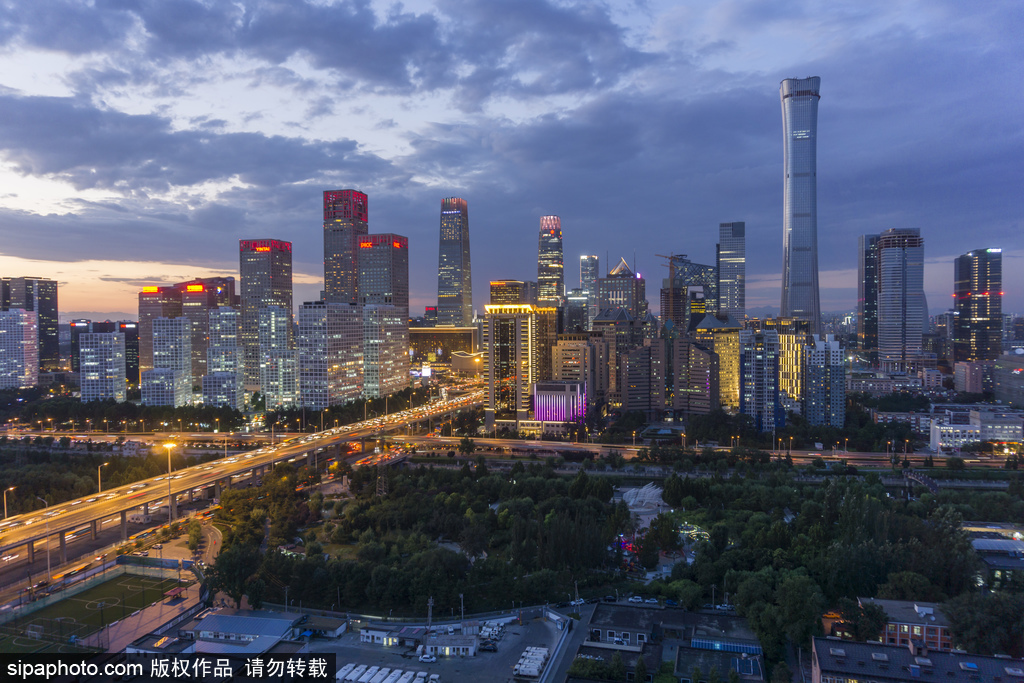Economic rebound seen for 2nd quarter


China's economy will continue to rebound in the second quarter but the recovery pace may be constrained by external uncertainties and a global downturn, therefore stronger domestic policies are needed to ensure a steady recovery for the rest of the year, economists said.
The authorities are scheduled to release key economic data for April this week including industrial output, inflation, retail sales and fixed-asset investment. The data will shed light on the health and recovery pace of the world's second-largest economy, and it will also offer clues for policymakers on their next steps to stimulate growth and facilitate business resumption.
More detailed economic policies are expected to be announced during the annual session of the National People's Congress, China's top legislature, which will open on May 22.
Attention has been focused on how China will set this year's growth target, to what extent the government will raise its budget deficit ratio and what additional stimulus policies will be rolled out to support the economic recovery.
Economists believe that one of the most acute challenges facing the Chinese economy is the substantial decline of external demand due to the disruptions caused by the COVID-19 pandemic. China's exports may continue to shrink in the second quarter after falling 11.4 percent year-on-year in the first quarter.
Many of them have been calling for even stronger policies including more fiscal spending to boost investment and introducing more incentives for companies and individual consumers to stimulate domestic demand.
The country's top leadership has put forward six priorities for the country amid the COVID-19 outbreak. These are employment, people's livelihood, the development of market entities, food and energy security, the stable operation of industrial and supply chains, and the smooth functioning of society.
President Xi Jinping has stressed on multiple occasions the necessity of China resuming production at full capacity, bringing life and work back to normal and fostering new growth drivers, given the unprecedented challenges facing the nation's economy.
Wang Tao, chief China economist at Swiss bank UBS, said that April's economic data will suggest that the Chinese economy is on a strong rebound trajectory, but major economic indicators could still be weaker than the same period of last year.
"So far China's policy has been relatively mild compared with the massive economic stimulus package it adopted after the 2008 global financial crisis. We expect policy support to further intensify and the government to substantially increase fiscal spending to the level of around 2.2 percent of GDP," Wang said in a research note.
Wang expected that a major proportion of the government's fiscal spending will be used in boosting infrastructure investment which will likely grow at around 10 percent this year. Meanwhile, the People's Bank of China, the central bank, will continue to inject liquidity into the financial market and to lower corporate financing costs by reducing banks' reserve requirement ratio and benchmark lending rates.
The central bank said on Sunday in its first-quarter monetary policy report that it will further step up countercyclical adjustment to support the economy and fend off risks. It will use both quantitative and structural policies to keep liquidity at a reasonable and ample level, and support the economy, especially smaller businesses, through the hard times.
Analysts at investment bank China International Capital Corp said that policymakers will likely tone down the importance of a specific growth target for this year at the annual NPC meeting later this month. The policy priorities will be achieving poverty reduction goals, ensuring people's basic livelihoods and keeping employment stable.
Lu Ting, chief economist at Nomura Securities, said that China's economic recovery may last longer than expected and future policy support will focus on extending financial aid to companies and households.
Lu expected China's industrial output, fixed-asset investment and retail sales to further improve in April from the level in March and inflation will remain relatively mild, which will create more room for policymakers to increase the credit supply.




































